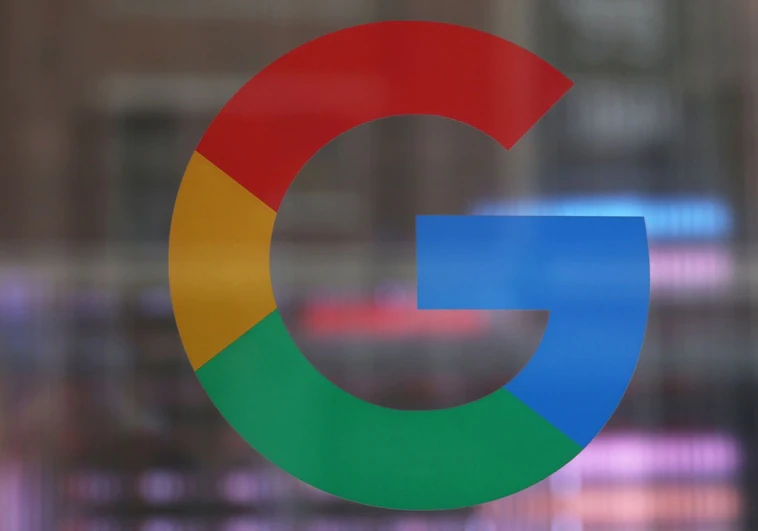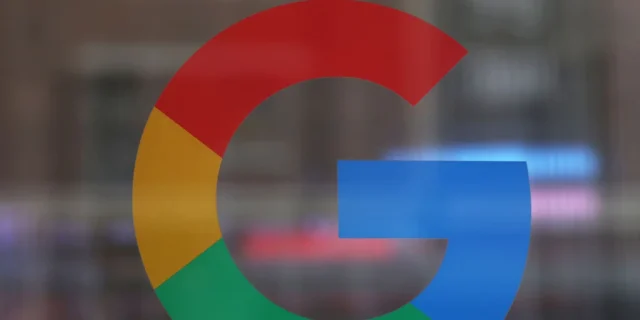
Google has no choice but to open up its application store to the competition – the Play Store installed by default on Android devices. At least in the United States. The ruling was handed down by a San Francisco judge this Monday, and the tech company has less than a month to facilitate entry for other developers: the deadline is November.
The order is part of a lawsuit filed by video game company Epic Games, the creator of Fortnite, alleging anti-competitive and monopolistic practices by Google in 2020, which include not allowing hardware companies or Android phone makers to include competing applications, which Epic Games won in late 2023.
The ruling by federal judge James Donato forces the Google Play Store to open up to competition for at least three years, so that it distributes to other companies’ app download platforms and allows these platforms to access the catalog offered by the PlayStore. Android allows you to install third-party application stores on devices, but it should be noted that this is a more complicated process than installing an app from the Google Play Store. Now, downloading the Epic App Store, for example, is as easy as downloading any other game or application.
The decision prevents Google from paying developers to launch their applications exclusively or first with the Play Store or forcing them to use its charging system. Google, for its part, has appealed the ruling, arguing that the judge “forgets the obvious” and that “Apple and Android are clearly competing” for consumers, hence asking for a pause in imposing the ruling. The appeal is disposed of.
Three years to “build a competitive Android ecosystem”
Epic Games’ executive, Tim Sweeney, has indicated that its own app store, the Epic Games Store, will be available on the Play Store in the United States in 2025, only applicable in those jurisdictions so “war continues to be legal and regulated worldwide.
“The Google Play Store order will last for three years. It means all app developers, store creators, operators and manufacturers will have three years to build a vibrant and competitive Android ecosystem with Google’s unstoppable critical mass,” he added.
According to analysts, the ruling will have major consequences for Google, which, like Apple, takes between 15 and 30% of all app sales on phones and tablets.
In December 2023, a jury found Google guilty of violating antitrust laws with a Play Store platform dedicated to downloading mobile applications that harmed the interests of video game developers and their users, such as Epic Games.
Google will pay $700 million to make it easier for users to download apps outside of its platform and allow developers to charge users directly for their services instead of the Play Store charging a 30% commission to handle payments.





